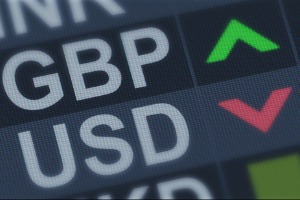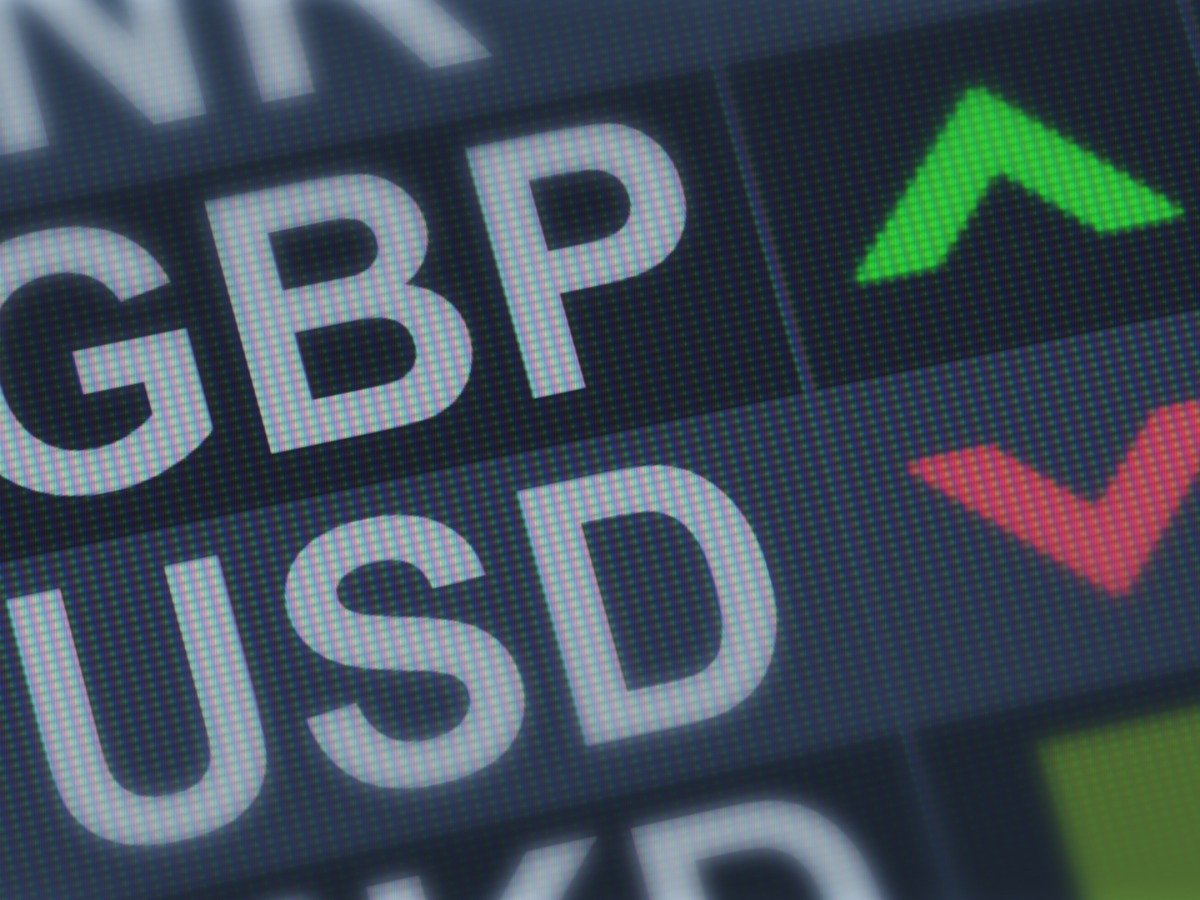

The latest data has triggered fresh concerns over the European economic outlook which has helped boost the dollar in global markets with the Pound and Euro both struggling.
The main concerns surrounded the Euro-Zone with significantly weaker than expected business confidence data.
MUFG sees scope for GBP/EUR gains; “we see risks as titled to the downside for EUR/GBP ahead of the upcoming elections in the UK and France.”
ING expects dollar gains; “We expect most of sterling’s weakness to be channelled via GBP/USD, which we expect to trade back under 1.25.”
There was a rebound in UK retail sales and an improvement in consumer confidence, but a further loss of momentum in services-sector business confidence while government borrowing data illustrated long-term fiscal challenges.
The Pound to Dollar (GBP/USD) exchange rate dipped to 6-week lows below 1.2650 before trading just above this level.
The Pound to Euro (GBP/EUR) exchange rate hit 10-day lows at 1.1815 before a recovery to 1.1835.
The UK GfK consumer confidence reading improved to -14 for June from -17 previously and above expectations of -16.
Joe Staton, Client Strategy Director GfK commented; “The headline score remains negative owing to the difficulties so many have experienced as the unrelenting cost-of-living crisis batters household budgets. Consumers like financial certainty, and this has to be the cornerstone if we are to see confidence break out into positive territory.”
UK retail sales posted a strong rebound of 2.9% for May after a revised 1.8% decline for April.
There was a boost from improved weather conditions with a strong increase in non-food sales.
According to Lisa Hooker, a consumer markets specialist at PwC; “May’s sales growth was less strong than it looked at first glance, once the extra trading day, a cut in employee payroll taxes and a rise in the minimum wage were taken into account. We would have expected a larger improvement in sales volumes.”
Kathleen Brooks, research director at XTB was more positive over the outlook; “After a slump at the end of spring, the consumer looks to be back as the UK finally moves towards summer.”
The UK government borrowing requirement increased to £15bn for May from £14.2bn the previous year while the borrowing requirement for the first two months of the fiscal year increased to £33.5bn from £33.1bn.
The debt/GDP ratio increased to 99.8% from 96.1% the previous year and the highest level for over 60 years.
The data will maintain fears over the underlying fiscal profile and lack of manoeuvre for the incoming government.
The UK PMI manufacturing sector index edged higher to a 23-month high of 51.4 from 51.2.
The services-sector index, however, retreated to a 7-month low of 51.2 from 52.9 and below market expectations of 53.0.
Meanwhile, the rate of growth in output prices increased to a 4-month high.
Chris Williamson, Chief Business Economist at S&P Global Market Intelligence commented; “In short, while a slowdown in economic growth may prove temporary, should businesses react positively to the policies announced by any new government, the stubbornness of underlying inflationary pressures above the Bank of England’s target still looks somewhat engrained.”
This will further complicate the central bank’s rate call.
The Euro-Zone PMI business confidence data was weaker than expected with the manufacturing index retreating to 45.6 from 47.3 previously while the services-sector index edged lower to 52.6 from 53.2 with both figures below consensus forecasts.
After a series of more positive data points, the data triggered fresh doubts over a Euro-Zone recovery.
After having hit a 27-month high in May, business confidence also declined amid the fall in new orders.
Dr. Cyrus de la Rubia, Chief Economist at Hamburg Commercial Bank, commented; “Is the recovery in the manufacturing sector ending before it began? This setback was compounded by the fact that new orders, which typically serve as a good indicator of near-term activity, fell at a much faster rate than in May.
According to ING; “For growth, this provides a bit of a reality check, but not a big one. Then again, with euro risk making a return around the French elections and higher rates still seeping into the economy, this is no time to be complacent.”




